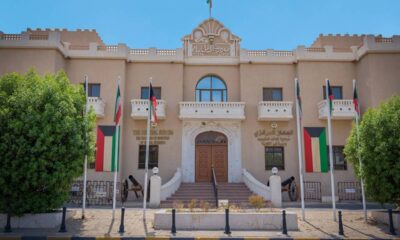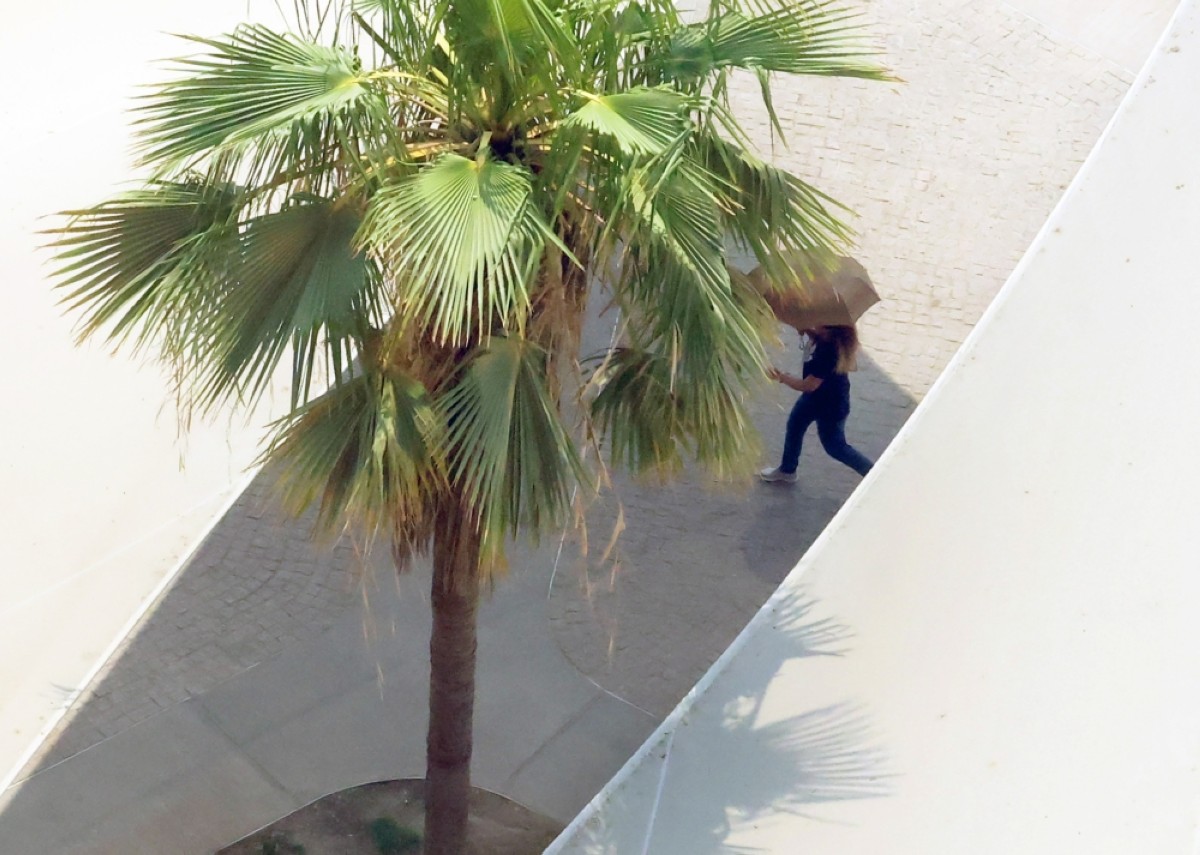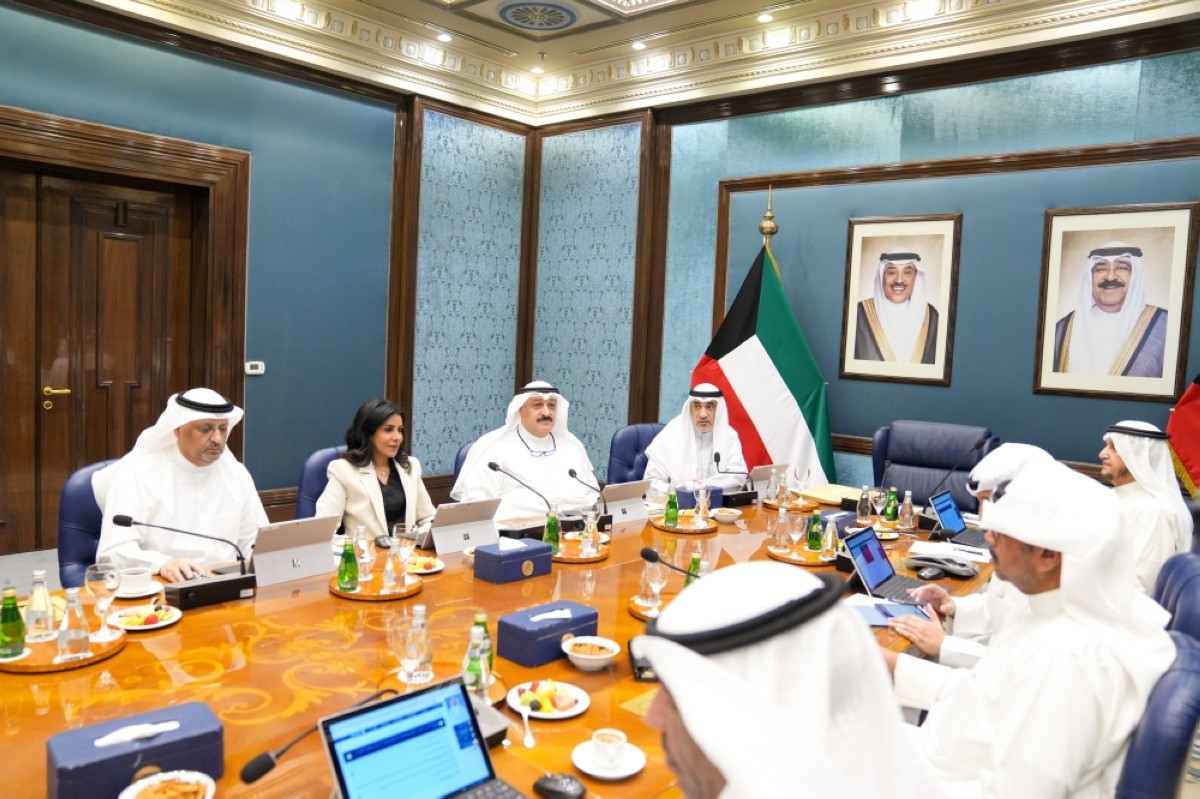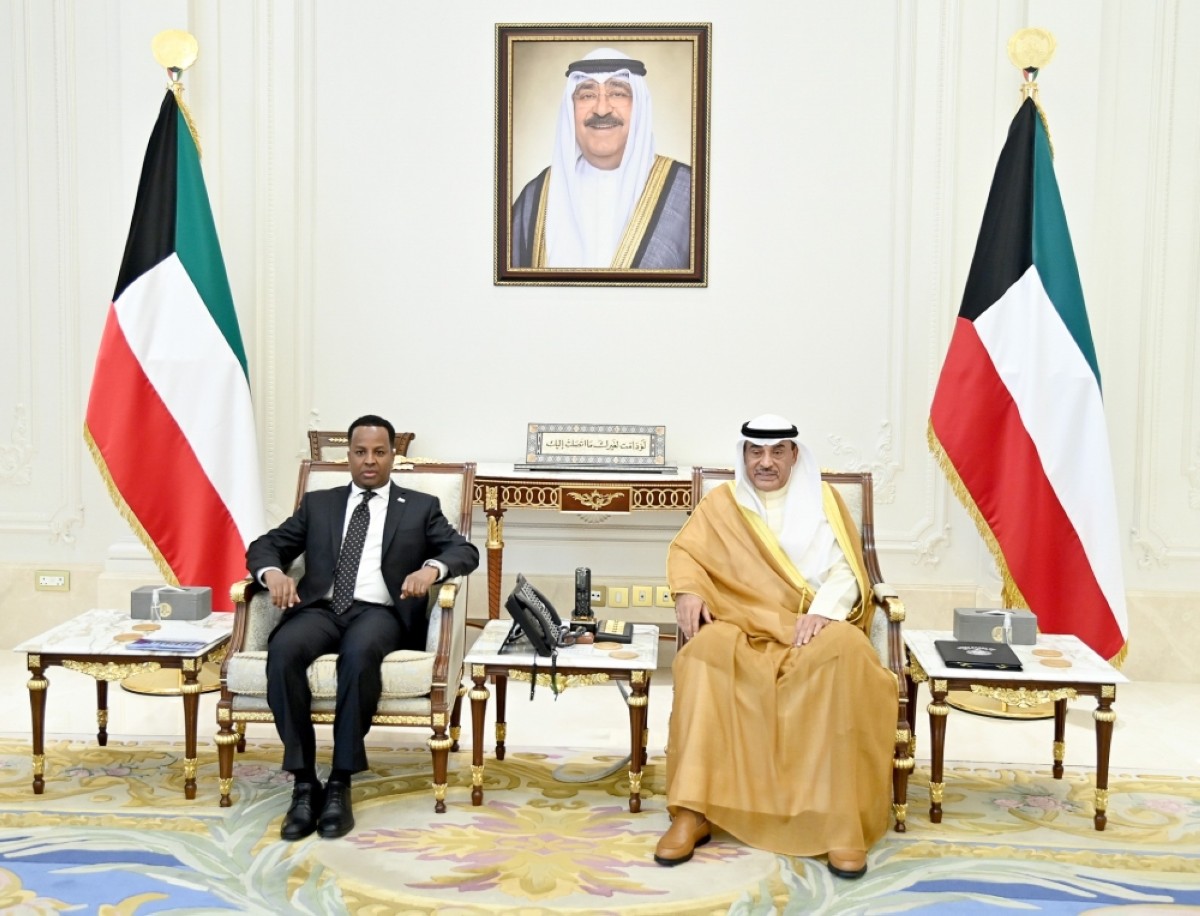By Passant Hisham and Faten Omar
KUWAIT: With the gradual pullout of more than a dozen global airlines — particularly major European carriers — from Kuwait in recent years, travel has become more challenging for residents. As the summer season approaches, many are reporting higher ticket costs, fewer direct flight options and a growing reliance on less convenient transit routes through regional hubs such as Doha and Dubai, operated by neighboring airlines.
Travel difficulties have reached a point where some frequent travelers have decided to postpone their planned summer holiday altogether. “Some flights have layovers of over six to eight hours, which is exhausting and affects the travel experience.” frequent traveler Talal Al-Fadhli said.
“I was planning to visit a few countries in Europe, but even budget airlines were unusually expensive. I tried switching airlines to avoid long stopovers, but either the prices were very high, or the airline services were not good options.”
A travel consultant at a local agency, Mohamed Moustafa, says the rise in prices stems from reduced competition in the market. “When these major airlines leave, competition drops and fares go up,” he said. “Even neighboring airlines are expensive now because demand is high and supply is low.” Before pulling out of Kuwait, these European carriers connected travelers to key transit airports like Frankfurt and Amsterdam. He explained that with fewer choices available, ticket prices naturally increased.
Disrupting Eid plans
The absence of major international carriers has not only affected summer travel, but also intensified pressure during peak periods like Eid.
“Ticket prices have gone up by about 90 percent during Eid due to increased demand,” an employee from a local budget airline explained. “With fewer direct routes, travelers are forced to book longer and expensive flights with other airlines.”
Shahrookh Khan Pathan, another frequent traveler, shared his frustration over how much Eid airfare has increased compared to last year. “Ticket prices during Eid are much higher. The last time I flew with a local airline from Kuwait and back, it cost around KD 100 to 120,” he said. “But just yesterday, I checked, and the same route was over KD 220.”
The sharp rise forced Pathan and his family to cancel their travel plans. “We wanted to celebrate with our loved ones, but these prices are just not manageable,” he said.
He added that regional competitors weren’t much better, with fares jumping from KD 90–100 to more than KD 175. “And these tickets don’t even come with basic things like meals,” he said. “Even the cheaper options have layovers that last more than 12 hours. Who wants to spend their Eid stuck in an airport lounge?”
Local options
Following the exit of international airlines from Kuwait, the national airline has become the sole option for direct flights to certain European destinations, but the pricey fares continue to be a barrier for many travelers.
Still, it offers unique advantages that are often overlooked, Moustafa said. “The national airline’s policies are much more flexible than most regional competitors,” he said. “It has clear, customer-friendly policies. For example, if you book a non-refundable ticket but had to change your travel plans, you can reschedule your flight within two years of the original booking. That gives travelers peace of mind.” The reasonable cancellation policies and generous baggage allowance make it a good choice, he said.
An insider from the national carrier, speaking on condition of anonymity, offered some insight into why the airline’s prices may be higher than others: Despite partial private ownership, the airline operates under a government-based business model. “It’s not purely profit-driven like private carriers,” the source said. “If it were, you’d probably see cost cuts—maybe cheaper tickets, but at the expense of hotel standards for pilots, onboard service quality, and staff conditions.”
Moustafa pointed out that while many airlines have left Kuwait, overall travel demand from Kuwait remains strong. The current situation has created opportunities for local airlines. With fewer competitors, demand for local carriers has risen, prompting them to introduce more promotions and special offers. “Sometimes surprise discounts are released that significantly reduce ticket prices,” he said.
Eyes on the new terminal
Despite the discounts, regional competitors remain the cheaper option for some destinations, attracting more travelers. Moustafa emphasized that expanding fleet capacity and launching direct routes to more destinations could help local airlines reclaim this market share and better serve the growing demand.
With the new Kuwait International Airport Terminal 2 project underway, Moustafa’s suggestion could soon become reality. One of the engineers involved in the project told Kuwait Times that the airport is expected to attract more international airlines once operational. Designed to handle 25 million passengers annually, the terminal is set to become a major regional hub.
“Once the new terminal opens, we’ll see more flights, which means lower ticket prices and increased passenger traffic. That ripple effect will uplift the entire tourism and aviation sector in Kuwait,” said Moustafa. Although the project has faced some delays, the engineer confirmed that completion is now expected by 2026. Construction is progressing, with work being carried out on the third package, which includes the runway and operational facilities.
In the meantime, the budget airline employee said it’s introducing new European destinations this summer, a move that has received strong positive feedback from travelers and could help fill the void left by the departing European carriers.
Moustafa explained that with this move, people are starting to consider new travel destination like Krakow and Zakopane in Poland. Russia’s popularity has also been on the rise for about two years now, he added. Other trending destinations include Cyprus, Uzbekistan and Kazakhstan.
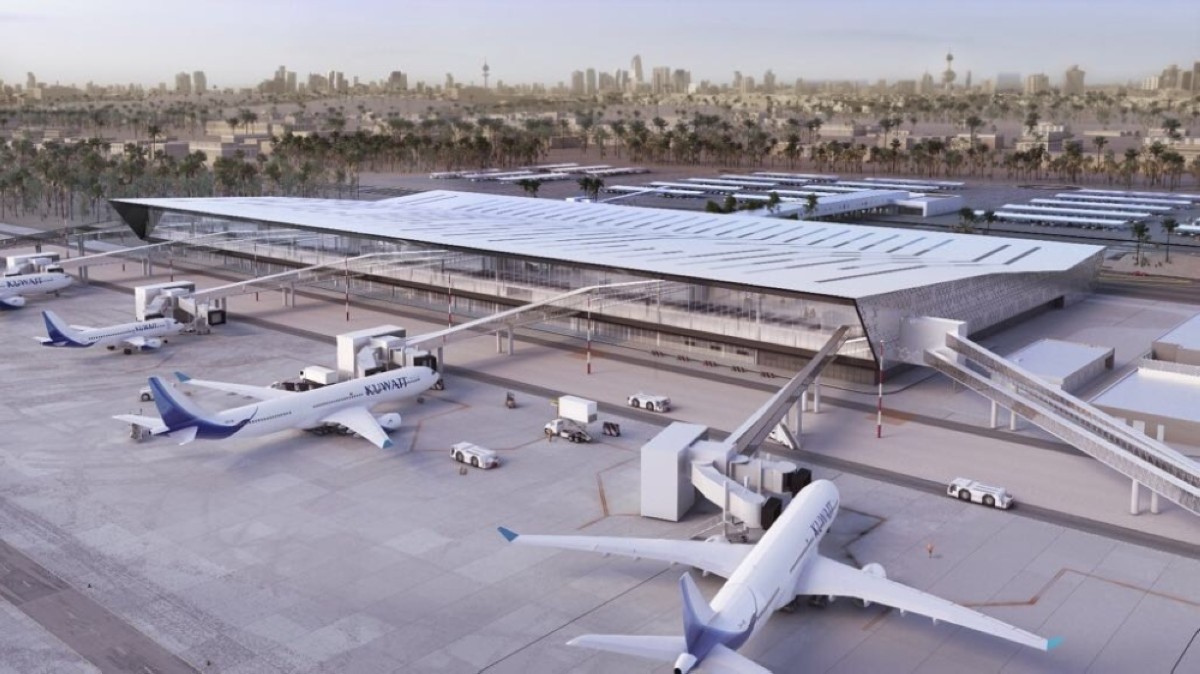

 Latest News5 hours ago
Latest News5 hours ago
 Business10 hours ago
Business10 hours ago
 Business11 hours ago
Business11 hours ago
 Latest News6 hours ago
Latest News6 hours ago
 Latest News4 hours ago
Latest News4 hours ago
 Latest News10 hours ago
Latest News10 hours ago
 Politics14 hours ago
Politics14 hours ago
 Latest News13 hours ago
Latest News13 hours ago




